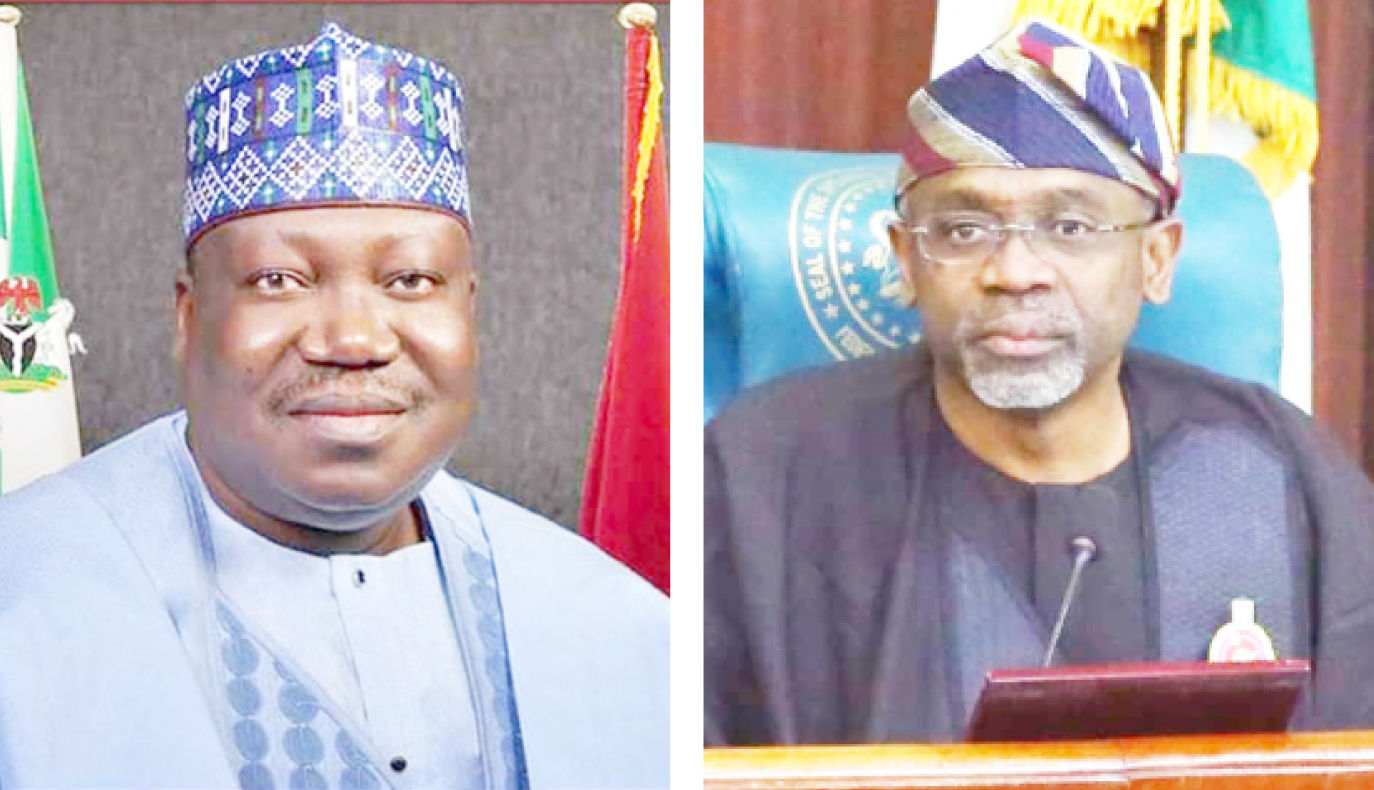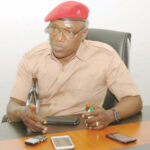The CSOs made the call on Thursday in Abuja at a news conference pointing out drafting errors, repetition and cross-referencing gaps in eleven sections of the bill and which if not corrected may led to another rejection by President Buhari.
- Electoral Act: Overriding Buhari will Lead To Constitutional Crisis – Senator
- Yiaga Africa, others ask Buhari to sign Electoral Act Amendment Bill
President Buhari had declined assent to the bill on 21 December, citing insecurity and high cost of conducting direct primaries among others as reasons for declining assent.
The CSOs are Yiaga Africa, International Press Centre (IPC), Centre for Citizens with Disability (CCD), The Albino Foundation, CLEEN Foundation, Institute for Media and Society (IMS), Nigerian Women Trust Fund (NWTF), Premium Times Centre for Investigative Journalism (PTCIJ), Partners for Electoral Reform (PER), Civil Society Legislative Advocacy Centre (CISLAC), Women Advocates Research and Documentation Centre (WARDC) and Nigerian Network of Non-Governmental Organizations (NNNGO).
Speaking on behalf of CSOs, the Yiaga Executive Director, Samson Itodo, said that civil society groups undertook an in-depth and comprehensive review of the bill and identified drafting errors, repetition and cross-referencing gaps in eleven sections of the bill.
Itodo said that cross-referencing errors were identified in five sections of the bill, grammatical errors in two sections, duplicate provisions in three sections and conflicting provisions in one section of the bill.
“Without doubt, these errors will occasion controversies and legal complications in the implementation of the bill when enacted,” Itodo said.
He also recalled that in August 2018, President Buhari premised his decision of declining assent to the 2018 Electoral (Amendment) Bill on certain drafting errors and cross-referencing gaps in the Bill.
He said, “Therefore, it is imperative for the National Assembly to ensure due diligence before transmitting the Electoral Bill 2021 back to the President for assent to prevent the current bill from suffering the same fate.
“As part civil society’s contributions to the ongoing reform process, a detailed memorandum was submitted to the leadership of the National Assembly on December 29, 2021. The memorandum highlights the affected sections and specific recommendations for addressing the errors.
“As the nation prepares for the off-cycle elections in the FCT, Ekiti and Osun and the 2023 general elections, a new legal framework is required to safeguard the integrity of these elections. The Electoral Bill 2021 is replete with provisions that address electoral manipulation and the intractable and protracted problem of poor election logistics.”
He, therefore, urged the National Assembly and the President to ensure that the electoral reform process is concluded expeditiously as any further delay in concluding the process of enacting the Electoral Bill 2021 will directly impact preparations for the 2023 General Elections.
He said, “A climate of legal uncertainties will befall upcoming elections and Nigeria will lose the opportunity to test the efficacy of new innovations introduced in the electoral Bill, especially during the off-cycle elections in Ekiti and Osun, before deployment for the 2023 General Elections.”
On her part, the Convener, Nigeria Civil Society Situation Room, Ene Obi, urged the National Assembly to address the identified drafting errors in the eleven sections of bill before re-transmitting same for Presidential assent.
Obi reiterated CSOs call on the lawmakers to expeditiously conclude the process and re-transmit the bill to the President for assent within 30 days from 21st December 2021.
Also, the Director of Program, Yiaga Africa, Cynthia Mbamalu, urged the President to assents to the bill within a week upon receipt from the National Assembly, saying that, civil society groups, media, and development partners must sustain the effort to safeguard the Electoral Bill from policy rupture, manipulation, and subversion of the people’s will.

 Join Daily Trust WhatsApp Community For Quick Access To News and Happenings Around You.
Join Daily Trust WhatsApp Community For Quick Access To News and Happenings Around You.

